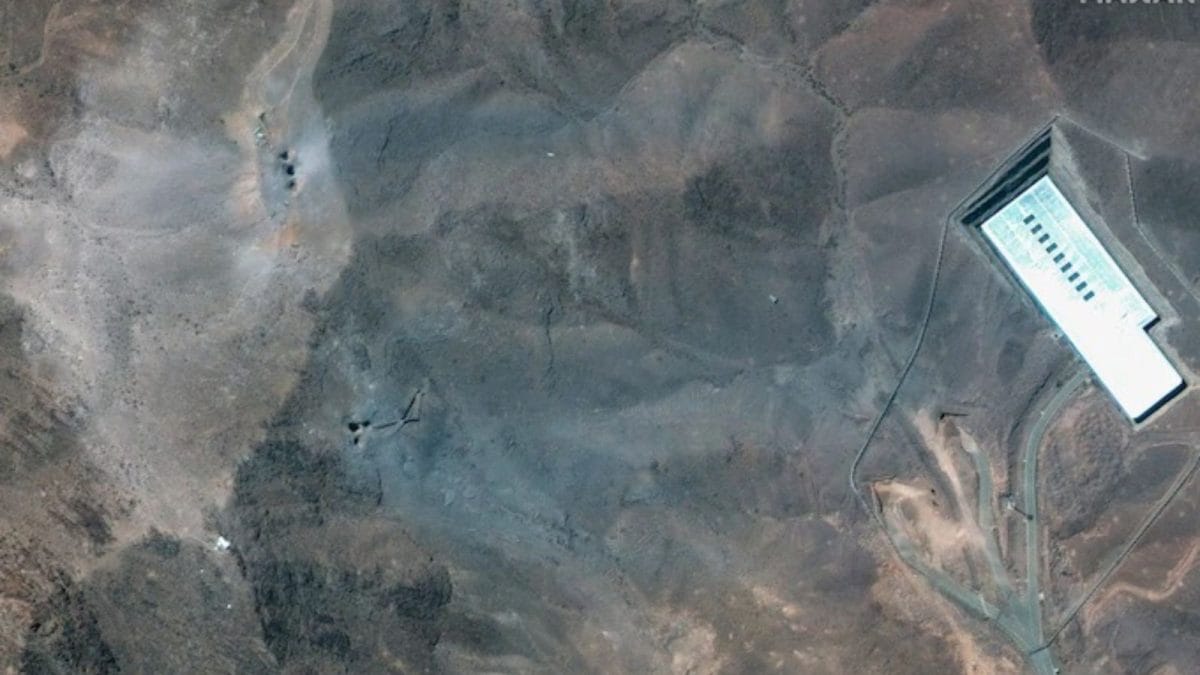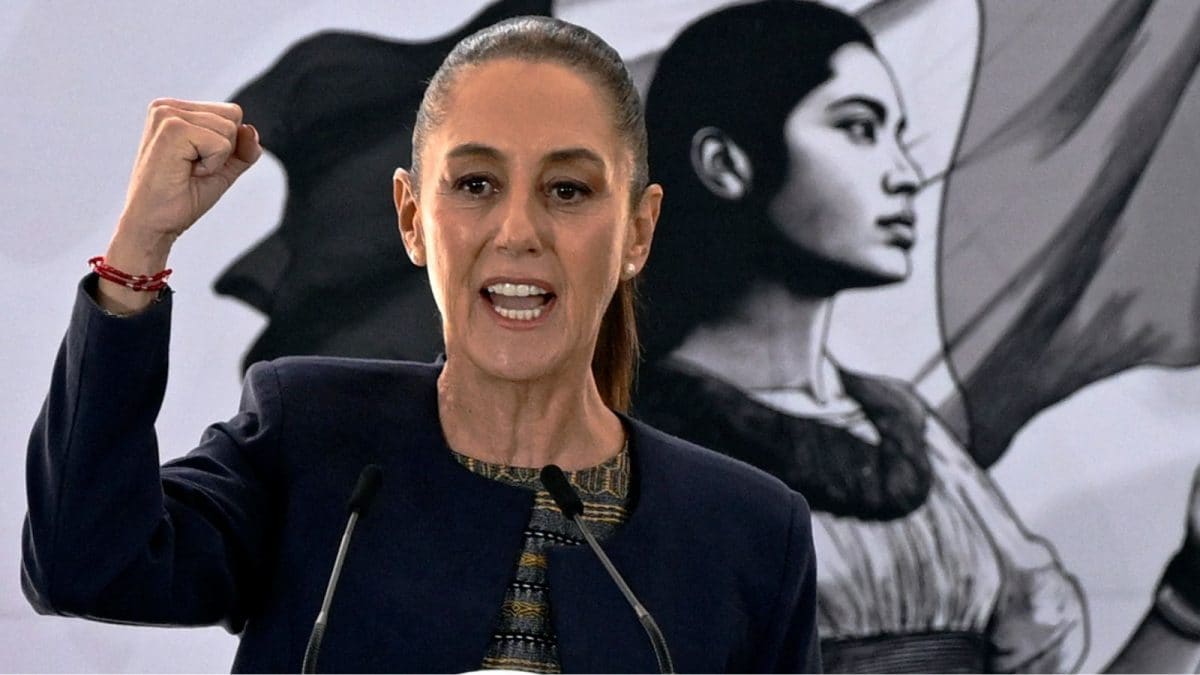ARTICLE AD BOX
Last Updated:July 02, 2025, 23:23 IST
The court quashed the phone tapping order, stating it violated the right to privacy as protected under the Constitution

Court observed that any phone tapping order violates Right to Privacy secured under the Constitution | Image: Representative
The Madras High Court on Wednesday ruled that telephone tapping cannot be carried out as part of covert operations aimed at detecting crime, stating such actions are not permitted under existing law.
Justice N Anand Venkatesh said that the law allows phone interception only in cases of public emergency or when public safety is at risk.
The ruling came in response to a petition filed by P Kishore, Managing Director of Everonn Education, who was named in a 2011 corruption case by the Central Bureau of Investigation (CBI) along with an Income Tax officer, Andasu Ravinder.
According to the CBI, Ravinder demanded a bribe from Kishore, who allegedly paid him Rs 50 lakh. Based on this, the Union Home Ministry issued an order in August 2011 to tap Kishore’s mobile phone.
Kishore later challenged this order in court.
Court Quashes MHA Order
The court quashed the phone tapping order, stating it violated the right to privacy as protected under the Constitution, unless authorised under due legal process.
The Home Ministry had invoked Section 5(2) of the Indian Telegraph Act to justify the interception.
However, the court observed that Section 5(2) permits phone tapping only during a public emergency or in the interest of public safety, and only after authorities are satisfied that it is necessary in matters such as national security or public order.
“In this case, the interception was part of a covert operation to detect a crime, which does not fall under the scope of Section 5(2)," the court said.
Justice Venkatesh also cited a 1996 Supreme Court judgment in People’s Union for Civil Liberties vs Union of India, which set guidelines for phone tapping, and the 2017 Puttaswamy verdict, which upheld the right to privacy as a fundamental right.
The court further noted that Rule 419A of the Indian Telegraph Rules was not followed, as the intercepted material was not placed before the review committee in a timely manner.
“As a consequence… the impugned order dated August 12, 2011, must necessarily be set aside as unconstitutional and one without jurisdiction," the judge concluded.
- Location :
- First Published:
News india 'Violates Right To Privacy': Madras High Court Quashes MHA's 2011 Phone Tapping Order



.png)
.png)
.png)
















 1 day ago
4
1 day ago
4








 English (US) ·
English (US) ·